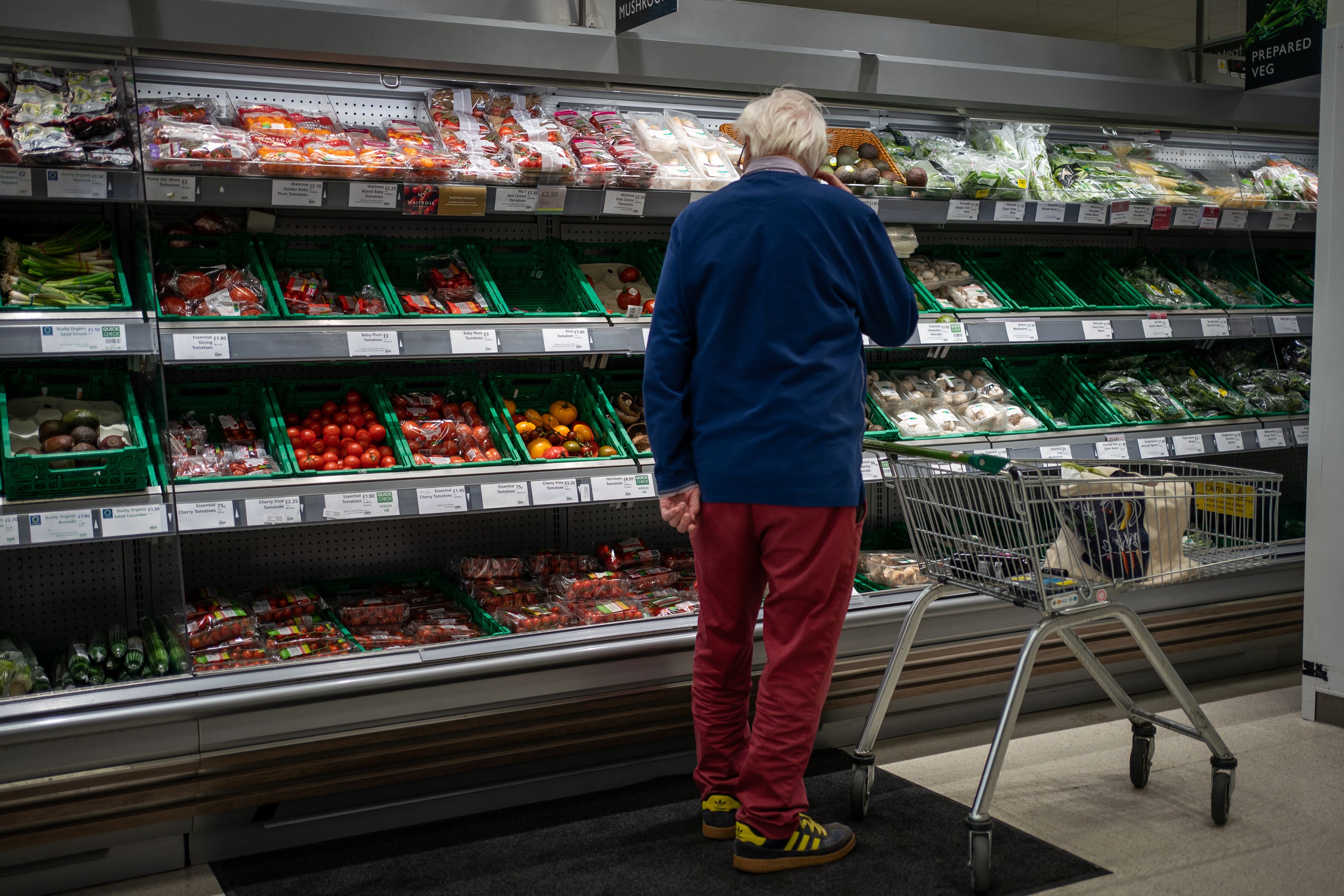Covid-19 can remain on some groceries for days – study
Scientists have, however, advised the risk to consumers remains very low.

Your support helps us to tell the story
From reproductive rights to climate change to Big Tech, The Independent is on the ground when the story is developing. Whether it's investigating the financials of Elon Musk's pro-Trump PAC or producing our latest documentary, 'The A Word', which shines a light on the American women fighting for reproductive rights, we know how important it is to parse out the facts from the messaging.
At such a critical moment in US history, we need reporters on the ground. Your donation allows us to keep sending journalists to speak to both sides of the story.
The Independent is trusted by Americans across the entire political spectrum. And unlike many other quality news outlets, we choose not to lock Americans out of our reporting and analysis with paywalls. We believe quality journalism should be available to everyone, paid for by those who can afford it.
Your support makes all the difference.Experts say the virus that causes Covid-19 can live on some ready-to-eat groceries for days.
But the scientists have advised the risk to consumers remains very low.
The tests were carried out for the Food Standards Agency in a laboratory and saw the SARS-CoV-2 virus smeared on packaging and food including fruit and bottled drinks that people might put in their mouth with cooking or washing.
The results varied, with most foods tested having a significant drop in levels of virus contamination over the first 24 hours.
But for peppers, bread crust, ham and cheese the infectious virus was detected for several days under some conditions, while it was present for several hours on the surfaces of croissants and pain au chocolate.
The study’s authors noted that foods and packaging used in the study were “artificially inoculated with SARS-CoV-2 and therefore are not a reflection of contamination levels found on these foods at retail, and lower levels of contamination will require less time to decline to undetectable levels”.
“The public may be interested in the finding that virus may persist in an infectious state, on foods and food packaging surfaces, for several days under certain common conditions.”
They added the results of the study “reinforce the need to rigorously follow the guidance on maintaining appropriate hygienic handling measures and display of unpackaged foods”.
It comes as the the recent fall in the number of Covid-19 patients in England looks to have halted, with early signs that levels are starting to rise once more.
A total of 4,964 people testing positive for coronavirus were in hospital as of November 30, up 8% on the previous week, NHS England figures show.
Patient numbers had been on a downwards trend for just over a month after peaking at 10,688 on October 17.
But this decline appears to have levelled off, with figures for the last few days showing a small increase.